
Meet Ben from Woby Design, a remarkable maker and woodworker who has carved out a niche by creating stunning pieces using recycled skateboards. Unlike traditional woodworking, Ben's craft does not focus on making skateboards but instead transforms them into everything from small items like pens to large, intricate pieces such as a 10-foot dining table. With no prior experience in woodworking or making, Ben's journey began after being inspired by a few YouTube videos, proving that passion and curiosity can lead to extraordinary outcomes. Read on to learn more about Ben's story!
Could you please introduce yourself and provide a brief overview of your background as a maker/woodworker?
Hello my name is Ben from Woby Design and I make things using mostly recycled skateboards. No I don't make skateboards, although I have before, I make things with them. Something as small as pens and something as big as a 10 ft dining table. Prior to starting my channel, I had zero experience in woodworking or making. I just saw a few YouTube videos on woodworking and thought it was interesting and thought maybe I can do that too.
How has your background or experiences outside of the arts influenced your creative approach or the projects you pursue?
Having been raised in a rural area of Korea, I was always drawn to being resourceful. And when I was volunteering at Habitat for Humanity, I realized how much furniture was getting thrown away each day, I started to wonder how much materials were getting thrown away and eventually landed on a thought to recycle skateboards.
In what ways do you incorporate sustainability or eco-conscious practices into your projects?
In every way possible. I try my best to minimize waste in the shop so I use these skateboards in a way that I use most of it and only a few bits and pieces are wasted. And I collect all the waste and send it to people who want it.


What role do mistakes or "happy accidents" play in your creative process? Can you recall a time when a mistake led to an unexpected and positive outcome?
Mistakes are going to happen from time to time and it all depends on how you look at it. It can easily ruin your day, or take it as a learning experience and try something new. You already made the mistake, change the plan and try something you were too scared to do.
Do you have any favorite tools or techniques you frequently use in your projects? Why do you enjoy working with them?
My favorite tool is probably the drum sander. Since I work with fragile materials that can easily break on the planer, using the drum sander allows me to get the shape I need. I'm mostly laminating these skateboards together and resawing them on the bandsaw to get a thin veneer. And the drum sander gives me a nice flat and smooth veneer every time.

How do you approach experimenting with new materials or techniques in your projects? Are there any materials or techniques you're currently excited to explore further?
Always try to start with something small and have zero expectation that it'll go according to plan. I have been trying out more bent laminations and I first started with a simple 90 degree bend. Eventually I'd like to do more organic shapes and bigger laminations.
As a TotalBoat ambassador, how has using TotalBoat products enhanced your projects? Are there any specific products that have become indispensable in your workshop?
Each and every project I make deals with laminating skateboards together. Before using epoxy, I would use wood glue and notice that there's a spring back after it comes off the press. I also noticed it would spring back when I'm resawing which can be dangerous. But now that I'm using epoxy, there is no spring back and it's a solid block of wood that I can safely resaw on the bandsaw without worrying about spring back. Because I spend hours sanding these boards, I want to make sure I get a solid lamination and epoxy has been that answer for me.
Can you share a memorable experience where your skills positively impacted someone else's life or a community project?
My proudest project has to be the woby camera jig. It has made so many people enjoy creating videos and content using my camera jig. Many people were struggling to film in such a limited space or having limited angles because of the immobility of tripods. And I'm so happy to see people share it with their followers and friends.

Can you describe a challenging project or obstacle you've encountered during your journey as a woodworker? How did you overcome it?
The biggest challenge I have encountered has to be limited space. I was in a 20 ft shipping container and now I'm in a single car garage. And instead of downsizing my tools, I had to come up with a different organization system to fit all my bigger tools in. I had to discipline myself to always put the tools away in the right spot and clean as I go. And I'm very proud to say, I managed to fit a table saw, bandsaw, drum sander, jointer, planer, CNC machine, laser, dust extractor and so much more.

Have you ever collaborated with other makers or artists? Can you share a memorable collaboration experience/event and the outcome?
My first ever appearance on a YouTube video was with Mike from Modern Builds. I was visiting Mike and Ben Uyeda in Joshua Tree and it just happened. This was very memorable because this collaboration was what made me consider and start my own YouTube channel. The project was 6/10, but learning about how to record yourself, what to record, and how to go about creating a YouTube video was very helpful.
What role does technology play in your practice? Are there any digital tools or software that you find particularly useful?
Technology has been making woodworking more enjoyable. The fact that you can design a project and see how it'll look even before shopping for wood is amazing. I personally think it's more important that you learn how to design digitally than learning how to cut wood on the table saw. 3D printers, lasers, CNC machines are all getting cheaper and improving and eventually a woodworker who doesn't know how to design digitally will become obsolete.
How do you navigate the balance between preserving traditional methods and incorporating modern innovations into your craft?
I do not preserve any traditional methods. That's the old way. There's a reason why we're not riding horses to work. I can spend days chiseling out letters or I can use a CNC machine that will be way more accurate, faster, and easier, and I don't even have to lift a finger. I would much rather prefer efficiency over tradition.
As someone who shares their work online, what impact do you hope to have on your audience or the maker/woodworker community as a whole?
My goal is to inspire and encourage people to make things. I don't expect them to do the same thing as I did but try a technique I might have used. I'm hoping that people can find the same happiness that I found by making things.

Can you describe a dream project or collaboration that you aspire to undertake in the future? What makes it so compelling to you?
One day I want to make a canoe out of skateboards. I've always wanted to make one and I think it'll look amazing.
What advice do you have for anyone who wants to get started woodworking?
I think it's important to take it slow and enjoy the process. Don't expect to get rich off woodworking, there are mega companies that will destroy you. Instead, try to have fun. Make the things you want to make and do whatever it is to keep your passion alive.
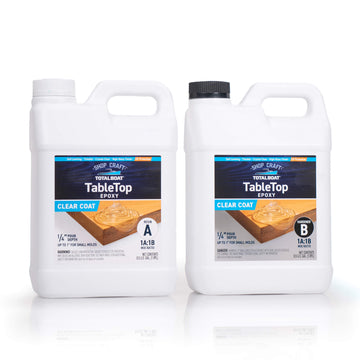
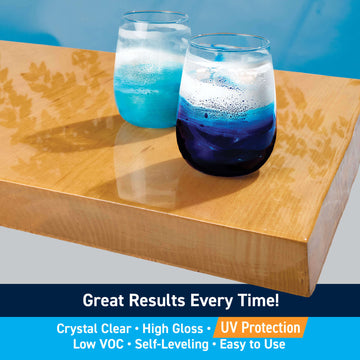
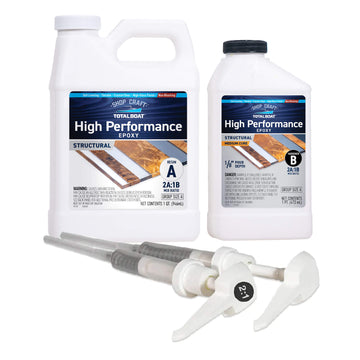
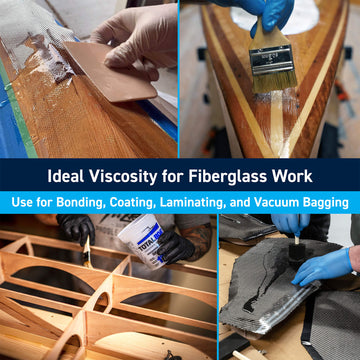
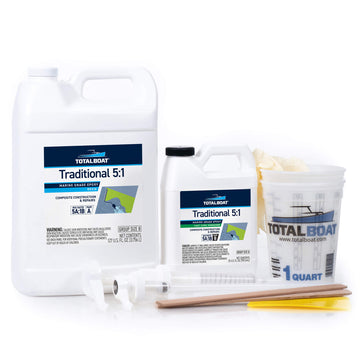
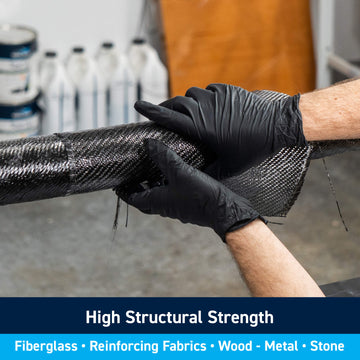
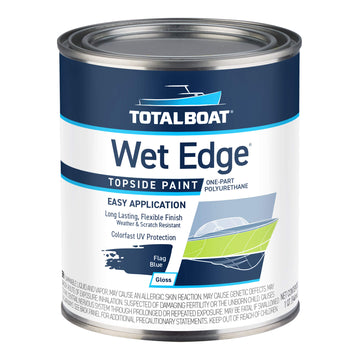
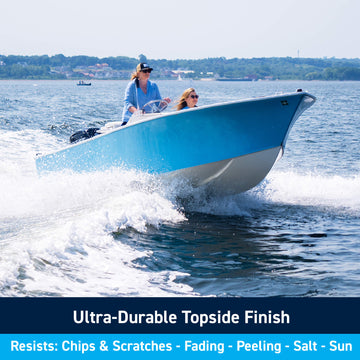
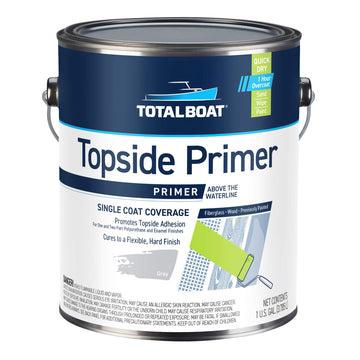

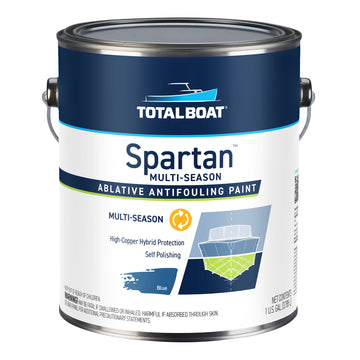

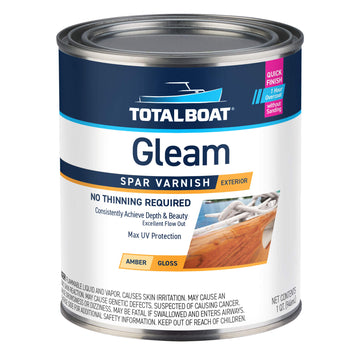
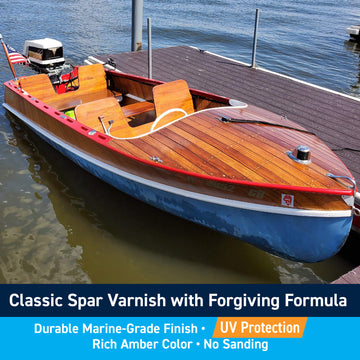
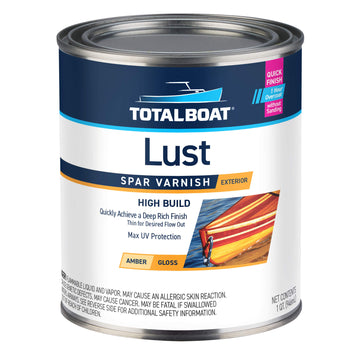
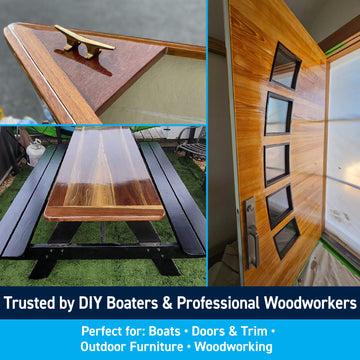
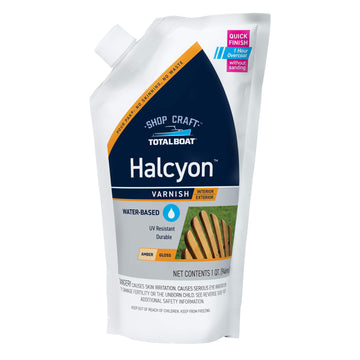
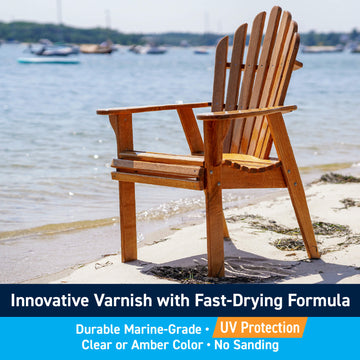




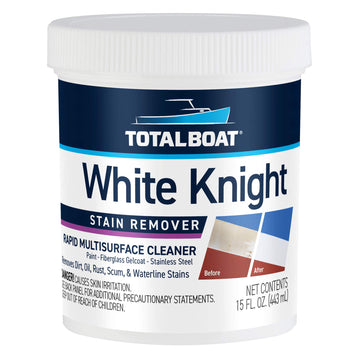
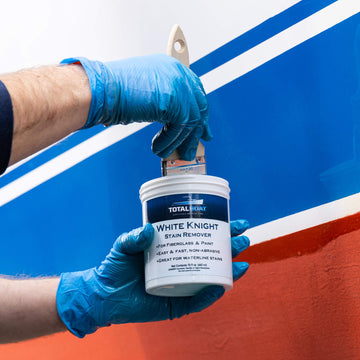


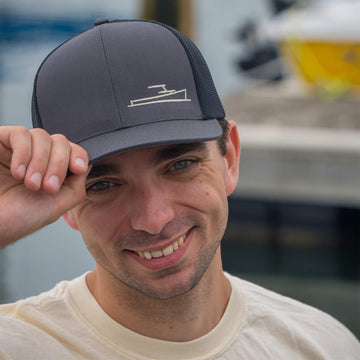
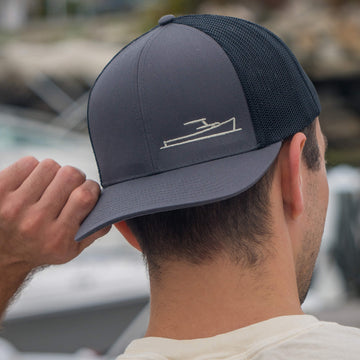
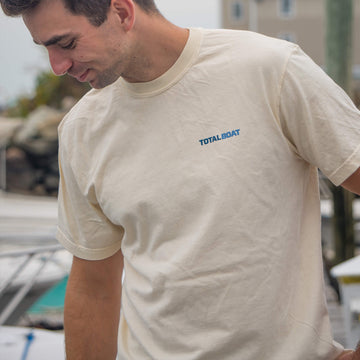
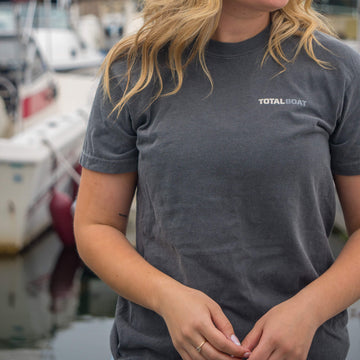



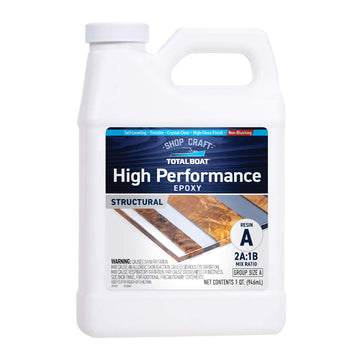
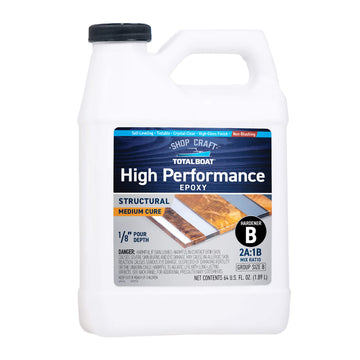
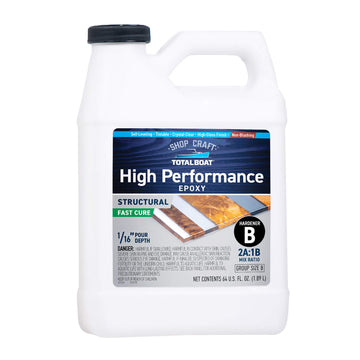
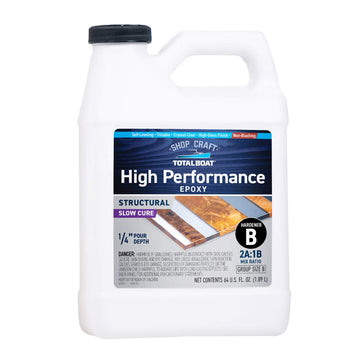
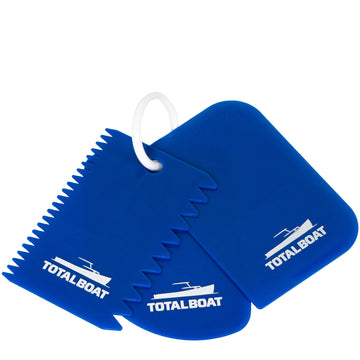
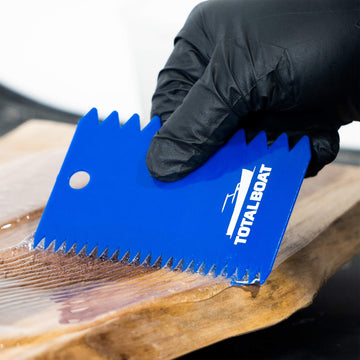




1 comment
Have you heard from Ben? He completely ghosted from YouTube and IG. A lot of people are worried about him.